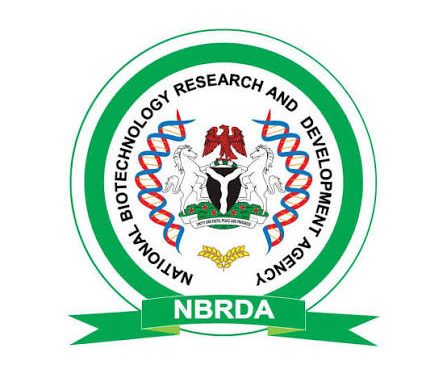The National Biotechnology Research and Development Agency (NBRDA) has urged Nigerian farmers to adopt biotechnology as a safe, proven, and effective way to boost agricultural productivity and strengthen national food security.
Speaking at a Sensitisation Workshop on Biotechnology and Biosafety/Farmers Field Day in Jagwada, Keffi, Nasarawa State, Dr. Rose Gidado, Director of Agricultural Biotechnology at NBRDA, highlighted the success of the BT Cowpea variety in increasing yields and reducing pest-related losses.
“We are here to engage with farmers who have not yet accessed BT Cowpea and to showcase the results achieved by those already cultivating the variety. One of our farmers, Emmanuel, has been growing it since 2023 and is now an outgrower for a seed company. His results are outstanding,” Dr. Gidado said.
Approved for commercial release in 2019, BT Cowpea is resistant to the destructive Maruca pod borer pest. Dr. Gidado emphasized the variety’s climate-smart features, reduced pesticide requirement, and environmental safety. “The technology is working. One of the farmers now exports BT Cowpea to the UK, where it meets all quality standards,” she noted.
The NBRDA director also warned farmers against misinformation about genetically modified organisms (GMOs), stressing that biotechnology crops are safe for cultivation and consumption. “Nigerian farmers should not run away from this technology. GMOs are safe. Look at this farm it’s thriving,” she said.
Farmer Emmanuel Ogenomor shared his experience cultivating BT Cowpea on a 7.7-hectare farm. Starting with five hectares in 2023, he expanded due to the crop’s exceptional performance. “For conventional cowpea, you spray pesticides seven to eight times, but with BT Cowpea, once every 15 days is enough. Yields are massive 21 to 22 bags per hectare compared to three to four bags for local varieties,” he said.
He also highlighted the crop’s resilience and shorter cooking time. “It cooks in about 35–40 minutes, unlike local beans that take up to three hours. Since October 2024, I’ve been exporting to the UK and US, earning double what I would make locally,” he added.
Master Balat Ishaya, a farmer from Kaduna State, described the workshop as transformative. “If such programs reach more rural communities, they can replace primitive farming methods, boost productivity, and drive economic development,” he said.
The NBRDA Sensitisation Workshop is part of the agency’s ongoing national campaign to promote safe biotechnology adoption and biosafety practices, empowering farmers with innovative tools to increase yields, incomes, and food security in Nigeria.










